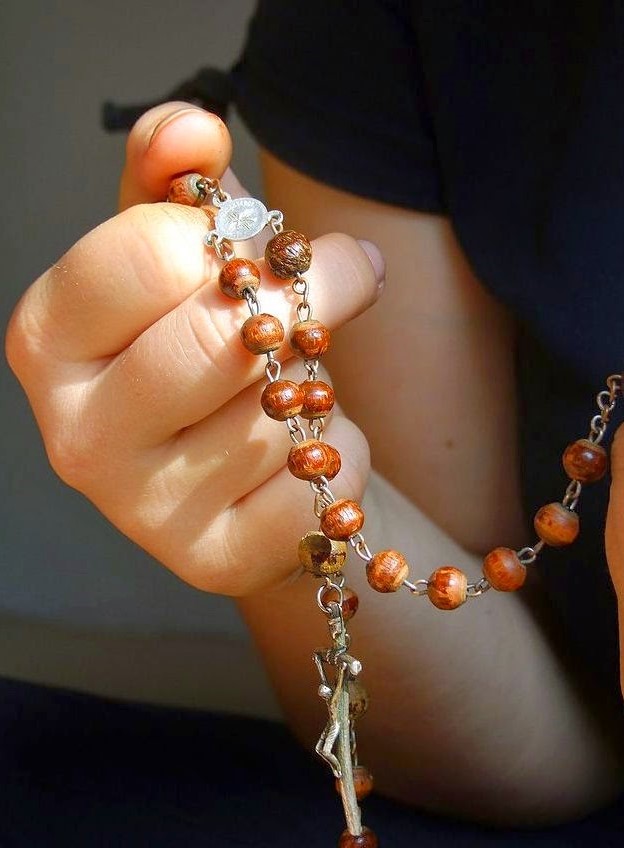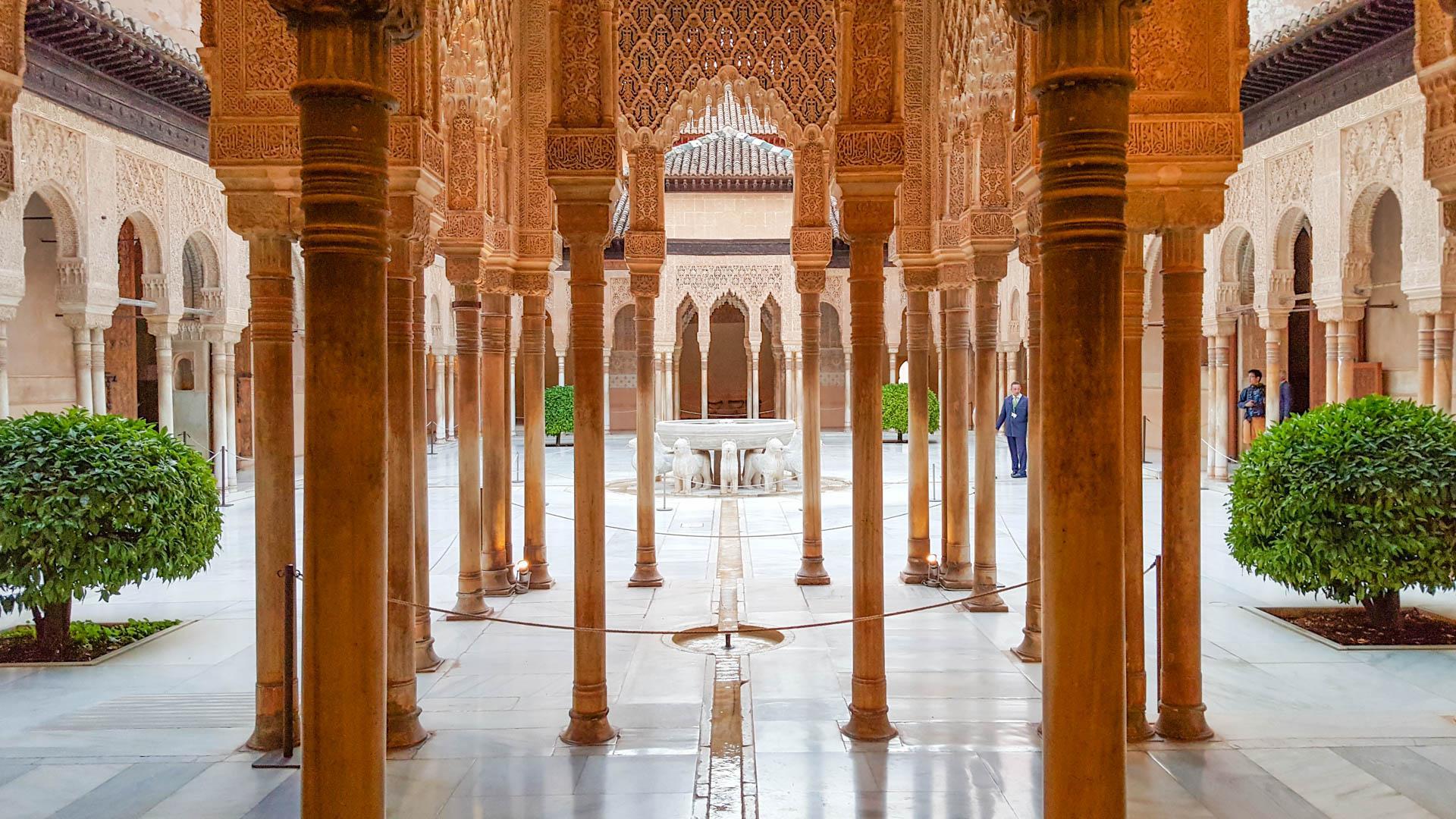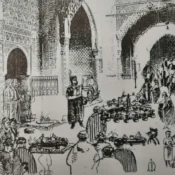Magic in Granada: the luck of the rosary beads

Magic in Granada: the luck of the rosary beads
During the 16th to the 18th century, there were many different forms of divination and spells in Granada. We talked about some of them on our visit to Magic in Granada: from al-Andalus to the Inquisition, but we cannot mention them all, so here we will talk about one of those methods that we "remain in the dark": the luck of the rosary beads.
Although it was a method that could lend itself to fraud, it seems that some sorceresses practiced it in good faith, with great skill as well, to give accurate answers to their clients. Here we have, for example, Catalina Rodríguez, a witch from Granada: she held the rosary with one hand, having the cross hidden in it and the rest hanging from it; if after reciting the incantation the beads moved around the hand, it was considered a good thing; if not, it was a bad sign.
Catalina performed this luck on many occasions, mostly to find out if a man was cheating on his wife. We also have the case of María Rodríguez, from Málaga, aged 50 and married to a man who is also fond of magical arts and quackery. He had absolute faith in the effectiveness of this method and repeated it frequently for his own interest. Apparently she used to do it on Fridays, because she told a friend that it was much more effective on that day. He held the rosary with one hand and circled it with the other, reciting: "Anda, anda de largo"(Go, go long) Sometimes it moved around his hand from "long to long", but sometimes it didn't.
Ana de Rojas, a 30-year-old single witch from Granada, not only used her luck to find out the whereabouts of absent people, but also to bring them into her presence; however, he was not always correct in his answers, which caused many problems with his clients. On one of those occasions, a woman who had gone to consult him to find out if a man she was expecting would come to visit her, believed she had been deceived because Ana assured her that he would come that same night, and yet the man did not show up.
To give him such an answer, he performed the "lucky rosary", taking the cross in his hand and folding the rest into four parts that he left hanging, he pronounced an incantation that his client did not understand and the beads, in effect, moved around his hand. , which, as we know, was considered a positive sign.
If you want to know this fascinating facet of the history of our city, don't hesitate to sign up for our tour!
All categories
- Arquitectura islámica
- Arte y decoración en la Alhambra
- Visitors Tips
- Cultura andalusí
- Granadian Sayings
- Folklore
- Granadian Cuisine
- Granada
- Granadian Province
- Alhambra History
- Distinguished Granadians
- Useful information
- Granadian Literature
- Granadian Literature
- Magic, legends and mystery
- Granadian Miscellany
- Granadian Nostalgia
- Granadian Traditions
- Granadian Traditions
- Guided tours
Latest posts




